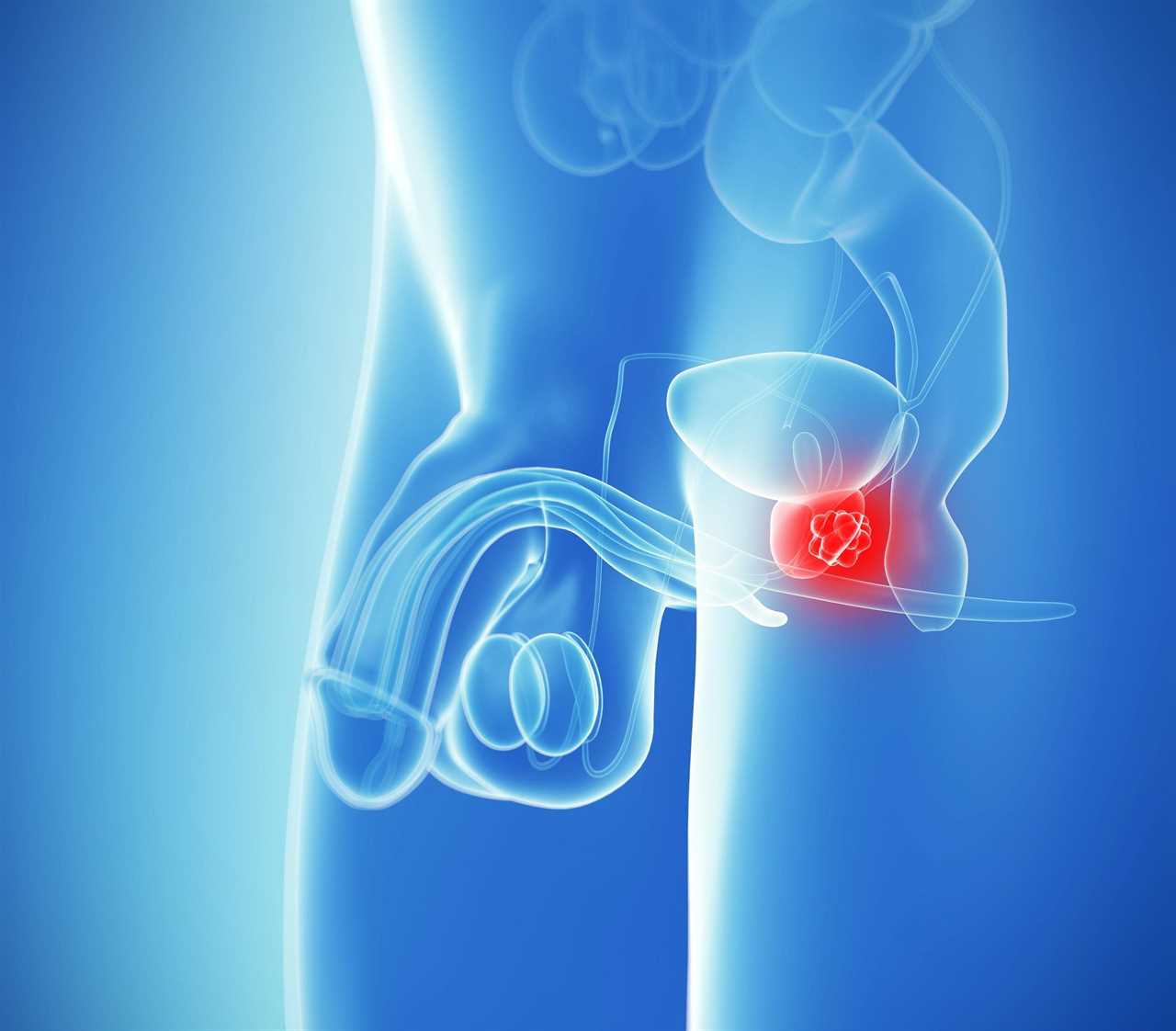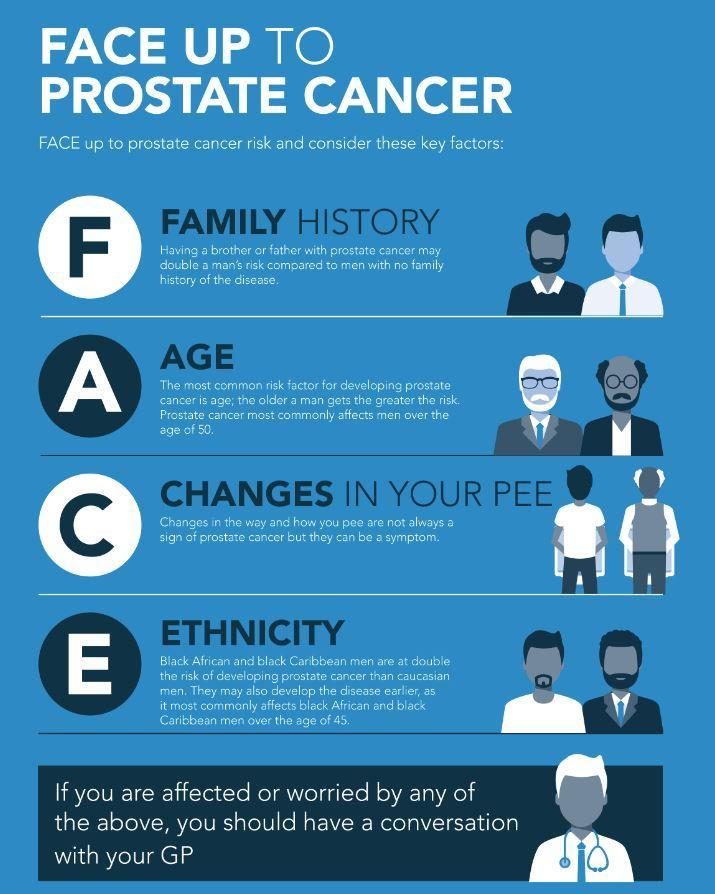IT’S a cancer that affects one in eight men in the UK in their lifetime.
Yet many men won’t be able to name a symptom of prostate cancer.

The prostate is a small, walnut-sized gland that sits around the urethra in men

One in three blokes don’t know anything about prostate cancer, the charity Orchid has revealed
Prostate cancer is the most common form of cancer in British men and the number of people being diagnosed with the cancer has increased in recent years.
The symptoms can be vague and creep up on you over many years, or not appear at all.
Make sure you know what the disease is, and your own risk, to avoid a potentially late diagnosis.
What is prostate cancer?
In January 2020 it was revealed that prostate cancer had become the most commonly diagnosed cancer in the UK and that’s though to be due, partly to the fact that more men have been having PSA tests – a type of test offered by GPs that looks for signs of the disease.
The prostate is a small, walnut-sized gland, that only men have.
It sits around the urethra – the tube a bloke pees and ejaculates from – between the penis and the bladder.
The main point of the prostate is to produce the fluid which mixes with sperm to create semen, making it pretty vital for reproduction.
But, like all organs in the body, it can be invaded by cancer – when cells in the gland start to grow uncontrollably.
Some 47,500 men are diagnosed with prostate cancer each year.
Many will live long lives and not experience too many nasty symptoms.
But in others, their cancer will spread, which is when the disease can turn deadly.
Prostate cancer currently kills 11,500 men a year, which is one victim every 45 minutes in the UK.
Worryingly the majority of men don’t know anything about the disease and, of those that do have a shred of a clue, 60 per cent aren’t confident naming the signs and symptoms, according to a male cancer charity, Orchid.
What causes prostate cancer?
Prostate cancer is very common, but the causes are largely unknown, the NHS says.
Most cases occur in men aged 50 or over, while prostate cancer is more common in men of African or Caribbean descent, and less common in Asian men.
One in four black men will be diagnosed with prostate cancer during their lifetime.
But a survey by Prostate Cancer UK previously revealed men over 45 knew the least about the killer disease and more than half of black African and Caribbean men did not know their ethnicity increased their risk.
There’s also a familial link, so having a dad or brother who had prostate cancer increases your risk.
Recent research suggests obesity increases your risk of prostate cancer while exercising regularly lowers it.
A high-calcium diet, rich in dairy, is also thought to be unfavourable when it comes to risk level, the NHS says.
Eating foods that contain lycopene reduces the risk of prostate cancer developing, Cancer Research UK says. This includes tomatoes and tomato-based foods, particularly when cooked.
Some studies have suggested that pomegranates, selenium (found in some vegetables, fish, shellfish, meats, eggs and more) and soy may prevent prostate cancer, while green tea is theorised to be behind the lower diagnoses of prostate cancer in Asian men.
But the results of these studies are mixed, and generally, more research is needed into the effect of diet on a man’s risk of prostate cancer.
To take an online test to reveal your risk of prostate cancer, click here.
How is prostate cancer treated?
Assuming prostate cancer is caught in its early stages, treatment is not normally immediately necessary.
In these cases, doctors have a policy of “watchful waiting”.
Treatment includes surgically removing the prostate, radiotherapy, and hormone therapy.
One man was cured after being given testosterone in an experimental trial designed to shock tumours to death.
Nearly all prostate cancer treatments come with the unwanted side effects of erectile dysfunction and urinary incontinence, which is why many men choose to delay treatment.
The only exception is non-surgical laser treatment, which doesn’t cause impotence – but is still in its trial stages.
If the cancer has already spread, it cannot be treated, and medical help is focused on prolonging life and relieving symptoms.






